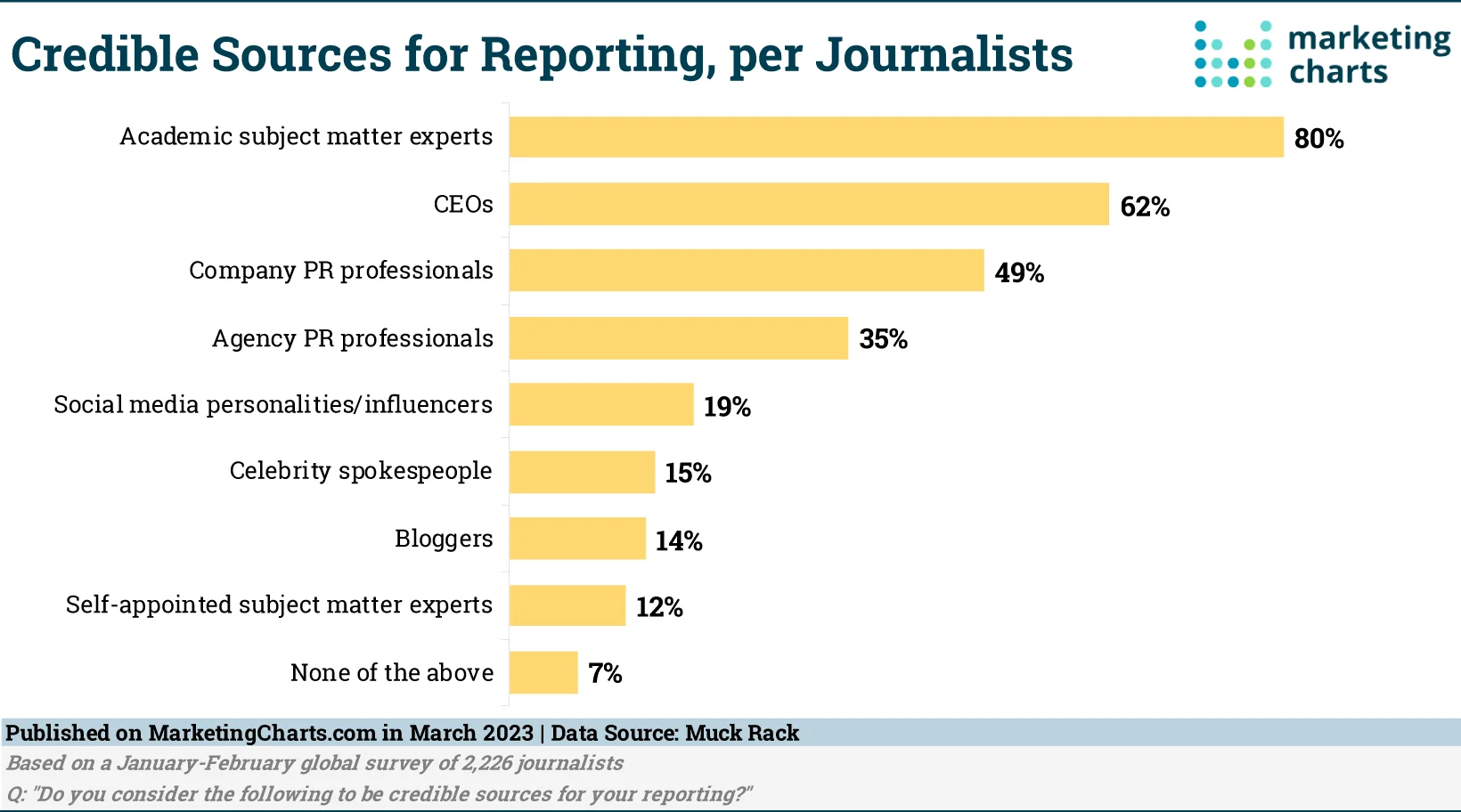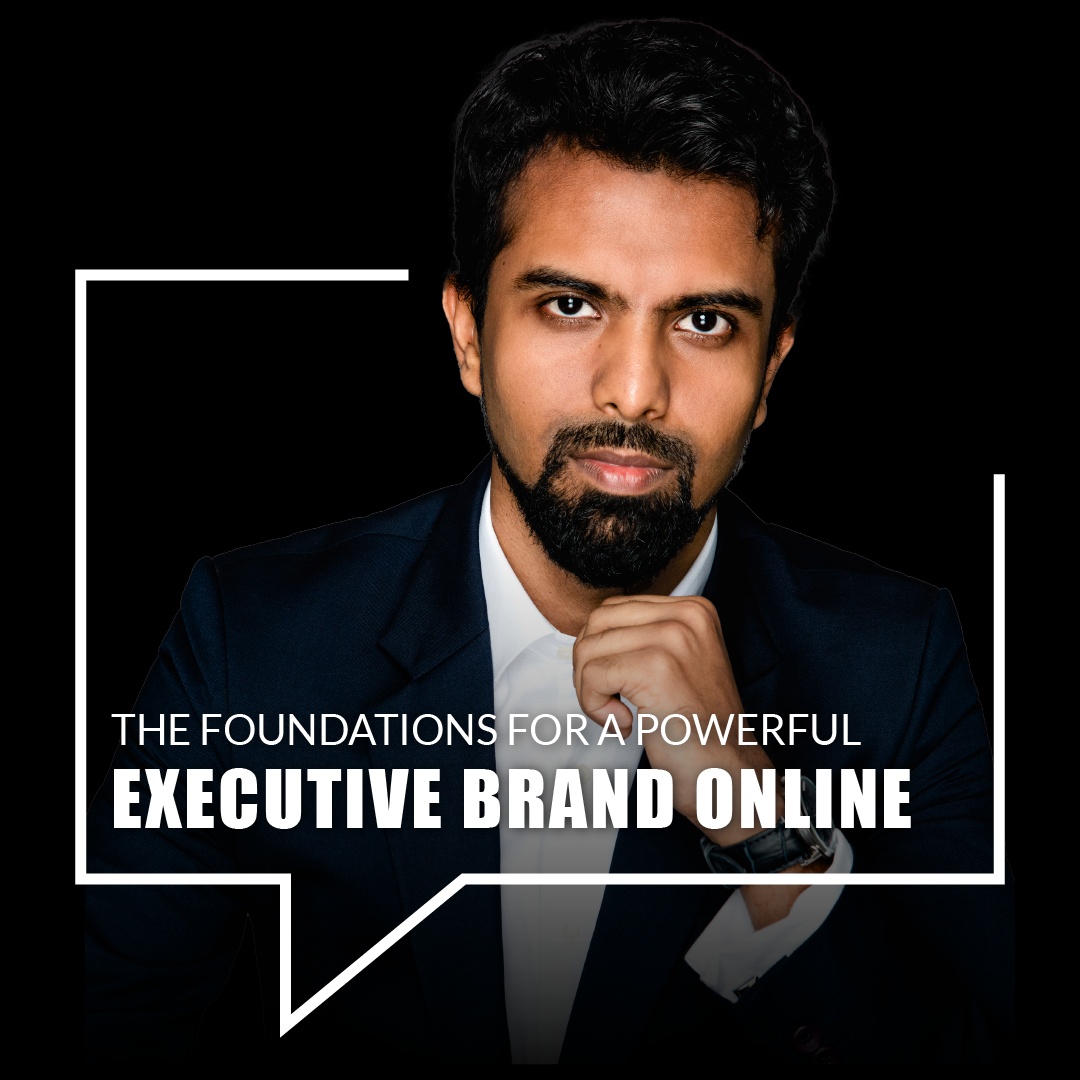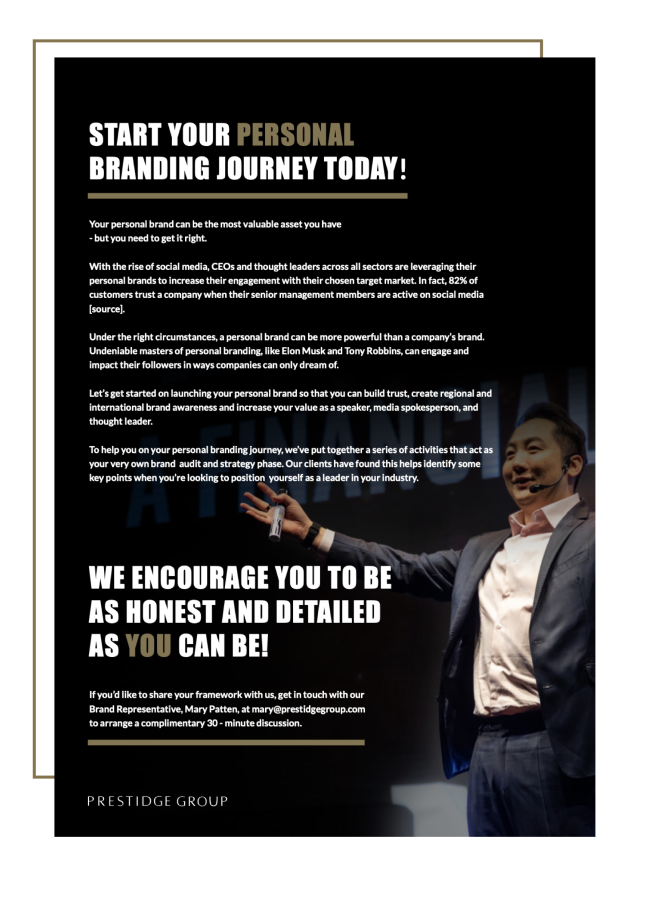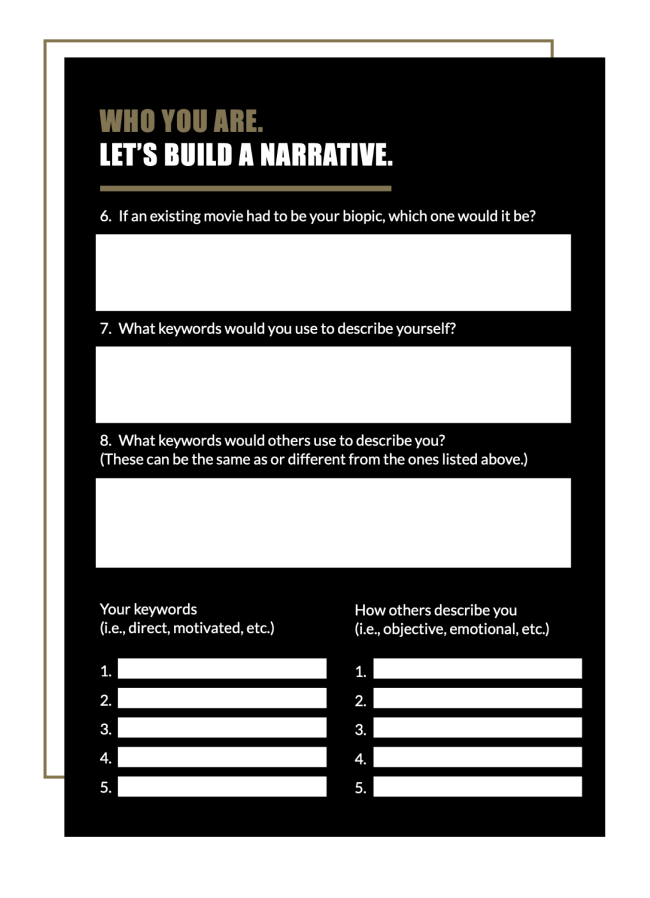By Alan Roberts, Account Manager
You send a friend a text message with no context, just a “Hey, what’s up?”
They respond, “New phone, who dis?”
Now imagine that friend is a journalist you’ve never met, and your message isn’t “Hey what’s up,” but it’s a generic email asking them to write a story about you. The email shows zero understanding of their past work, has a subject line that has nothing to do with their beat, and its word count total makes David Foster Wallace’s “Infinite Jest” look like a Haiku.
Like your friend, the journalist you’re connecting with has no context as to why they should take time between their “morning anxiety session” and their “post-lunch anxiety session” to speak with you. Thanks to the daily meltdown that is the American media landscape, coupled with the sense of impending doom that ChatGPT-4 is about to replace them, today’s news professionals are stressed, depressed, and second-guessed. (So… just like your friend.)
On top of that, your email is sandwiched between hundreds of attention-grabbing subject lines begging for a click. Even worse, if it’s the first time you’re emailing this reporter and your email contains an attachment or lots of internal links, bye-bye correspondence, hello Spam filter.
So many clients and prospects have said, “But my story is unique/amazing/worthy of a three-part biography!” So what? Unless you’ve discovered a treatment for a major disease or have an effective solution to reverse climate change, good luck! By the way, even if you have accomplished that, your chances of receiving quality coverage without a carefully planned public relations strategy, or a family member who’s a top producer at NPR, are still low. Just ask David Williams, MD, Chief of the Division of Hematology/Oncology at Boston Children’s Hospital. Ring a bell? (Probably not, but earlier this year, Dr. Williams and his team discovered a treatment for sickle cell disease, which disproportionately affects those of Black descent and until recently significantly shortened the life span of those diagnosed with the illness, an advance that generated huge buzz within the medical research community but sadly far less interest from the mainstream media.)
And if you’re a CEO, as opposed to an award-winning academic scientist/researcher, interest among reporters in speaking to you is probably even lower.
According to a Muck Rack survey of 2,226 journalists between Jan. 4 and Feb. 6, 2023:
- Fewer journalists find CEOs to be credible sources than they used to: just 62% of reporters find them credible down from 74% in 2021.
- Journalists cite lack of funding (fewer resources and fewer reporters to cover the same amount of news) and disinformation as top concerns for the industry.
Still at 62 percent, CEOs are still deemed far more credible than sports figures, music and film celebrities, bloggers, social media “personalities” (can you say PewDiePie?) and, though no one asked, criminal defense attorneys. The ongoing decline in the number of newspapers, magazines, and online news sites, the turmoil surrounding Twitter and its blue check verification program, the rise of cancel culture, and the circulation of misinformation and downright lies on social media all play a role in why journalists increasingly mistrust CEOs.

The good news is that CEOs still rank second among trusted sources, and while the number of professional news outlets continues to decline, podcasts now try to fill that void. As of January 2023, more than 3 million podcasts air via the Internet, and each one needs compelling guests to meet demand and remain relevant on the top platforms, such as Spotify, Apple Podcasts, and iHeart. Industry, government, and academic thought leaders like you and others with a story to tell are sought by these shows.
What does this have to do with pitching a journalist? According to that same Muck Rack survey above, most journalists consult a company’s social media in their reporting, and when a journalist Googles your name and only finds a website and LinkedIn profile, those are red flags. However, if they’ve seen that you’ve appeared on several podcasts, or that you’ve published a few articles in top trade magazines, and your messaging has remained consistent in all of those, they’re more likely to consider you as a source.
Keep this in mind: You are just one of thousands of sources interested in securing coverage from this reporter. When trying to get the attention of a journalist covering your specific industry, you’re vying for their attention with social media, newsfeeds, phone calls, text messages, and hundreds of emails they wade through each day. Ninety-nine percent of reporters have never heard of you, so their emotional involvement in spending precious time learning your “origin story” has got to generate immediate positive feedback.
Solution? Build your personal brand online by developing compelling stories about who you are and what you stand for as well as developing lots of factual, data-driven content demonstrating why the company you lead or industry you work in is doing something significant or meaningful. Most working professionals today create a LinkedIn profile, but few actually use it as a way to demonstrate thought-leadership and position themselves as a reliable source of “insider” information.
The CEO Free Ride has vanished. Elizabeth Holmes (Theranos), Travis Kalanick (Uber), Adam Neumann (WeWork), and many others have burned through the media landscape like a fraud-shooting flamethrower, leaving a trail of crispy journalists in their wake. Trusting you because you’re the company’s founder or CEO is no longer an option. You must demonstrate you are a valid source of information by highlighting multiple examples of real-world, quality owned content such as fact-based blogs that showcase your insights and knowledge and secure earned media coverage on a local or industry-level before you can approach a top-tier journalist nationally.
Below are some tips on how to successfully land an interview with a desired news outlet or journalist you respect:
- Read/listen/watch credible news outlets rather than relying on social media or news aggregator websites for information on your industry so you get to know the key reporters working in your space
- If you’re unsure if a news site is trustworthy, visit an objective non-profit third-party site like FAIR (Fairness & Accuracy in Reporting), which evaluates news sources based on quality and accuracy of the coverage, political biases, and what organizations or individuals own them. Most industry trade and mainstream news outlets skew slightly to the left or the right when it comes to editorials, but their general news reporting should be based on verifiable facts, not rumors and innuendo. Avoid outlets that skew to the far left or far right as the more extreme the bias the more likely they are pushing their own agenda rather than sharing factual information. (Case in point: FOX News just ponied up $787 million to Dominion Voting Systems for knowingly lying on air about voter fraud.)
- Focus on the quality of coverage and types of stories a reporter writes about rather than how large its audience is. Better to reach 350 readers, all of whom made buying decisions in your industry, than 350,000 readers who care little about your industry or area of expertise.
- Ask why should the reporter (and therefore the viewers) care. Any story idea you pitch must be from the point of view of the end user/consumer/client. How will your subject matter benefit them? Will it make them safer, richer, healthier, more efficient, more productive?
- Consider working with an experienced PR professional who can do all of this for you, knows how to craft pitches that work best with different news outlets, and possesses strong working relationships with individual reporters.
Alan Roberts is a Senior Account Manager in the New York office of Prestidge Group, a boutique executive branding agency. His articles have been featured in many lifestyle and humor publications, and he regularly helps clients across multiple industries secure earned media in tier-one publications by building effective relationships with reporters and clients.
#PR #Public Relations #Media Strategy













